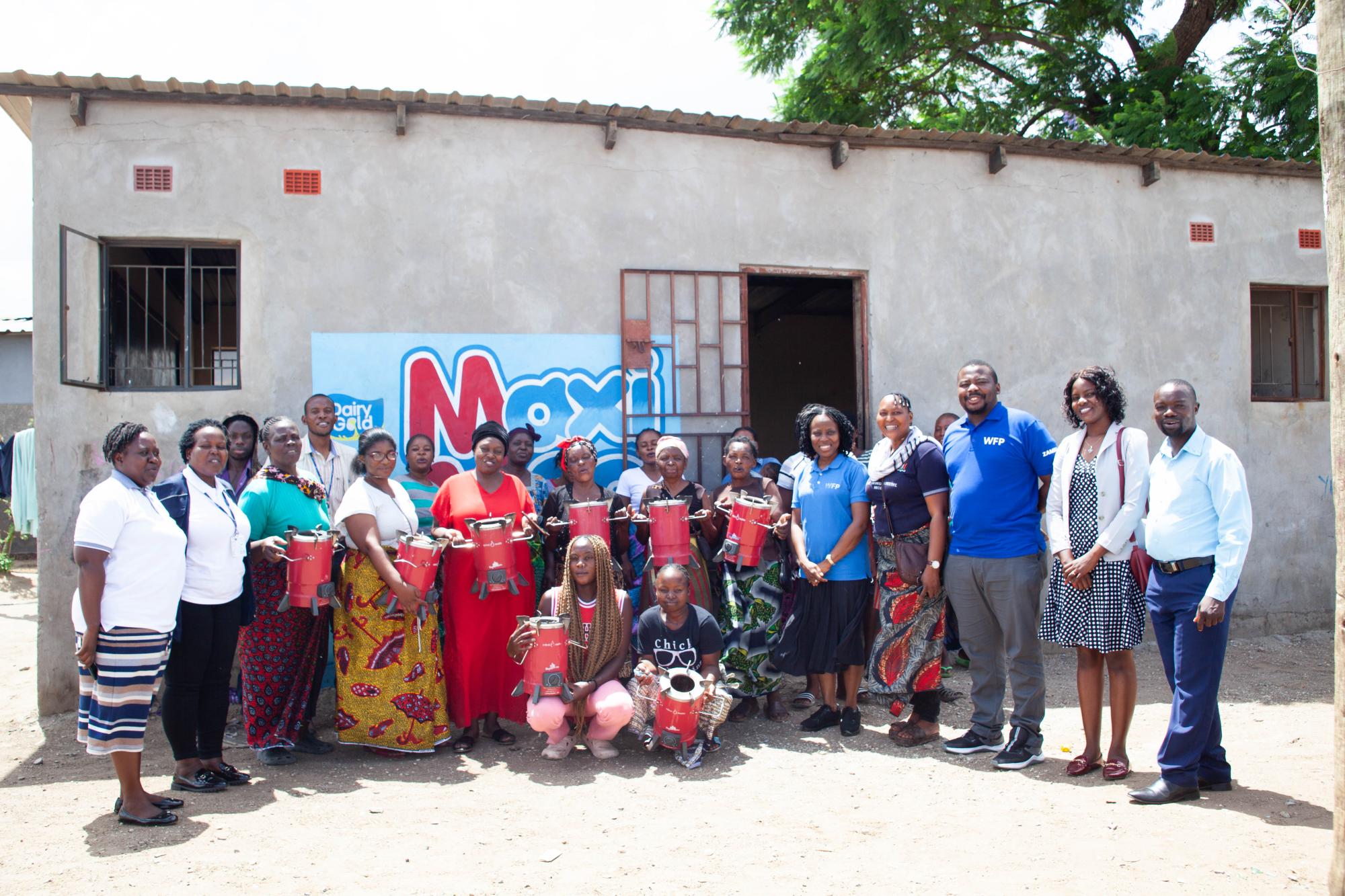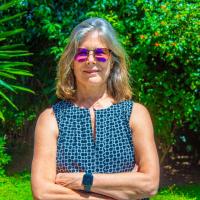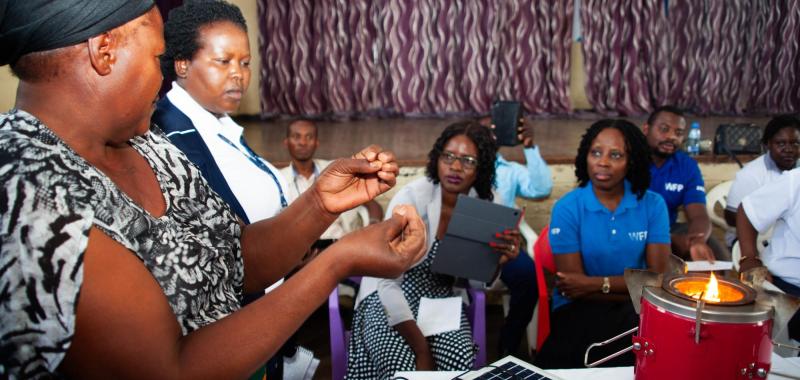The use of some fuels and inefficient stoves for cooking is not only harmful to the environment but also endangers the health and well-being of billions of people globally. Unfortunately, it is enormously challenging to transition populations to clean cooking systems due to affordability or accessibility. Current delivery models of clean cooking solutions struggle to scale due to these barriers, especially when targeting low-income communities.
Project overview
Emerging Cooking Solutions provides low-income households in Zambia access to affordable clean cooking solutions through a unique utility model. Switching to clean fuels and modern stoves through Emerging Cooking Solutions yields positive health outcomes, time and money savings and increased food security for low-income populations.

Emerging Cooking Solutions provides low-income households in Zambia access to affordable clean cooking solutions through a unique utility model. It manufactures biomass pellets from waste, which are used in gasifying stoves designed for cleaner combustion as an alternative to charcoal and firewood. Through an innovative distribution model, households pay minimal fees for the stoves, maintaining business sustainability instead by committing to buying 30 kg of pellets monthly. This model tackles affordability, availability and adoption challenges while reducing harmful gas exposure. The modern stoves are connected to an Internet of Things system, which allows Emerging Cooking Solutions and its users to collect data and monitor stove usage to calculate its real impact.
In its pilot running from the end of 2023 to the beginning of 2024, Emerging Cooking Solutions gained 312 customers and helped them save US$2,363.44 and 83,890 hours with more efficient stoves. The clean cooking solution has also averted 764.2 metric tonnes of CO2 emissions compared to traditional cooking methods. Switching to clean fuels and modern stoves through Emerging Cooking Solutions yields positive health outcomes, time and money savings and increased food security for low-income populations.

Emerging Cooking Solutions became an alumnus of the WFP Innovation Accelerator sprint programme in 2024 but is still actively operating.
Beyond participating in the WFP Innovation Accelerator sprint programme, Emerging Cooking Solutions aims to reach a minimum of 1 million households over ten years.
Meet the team







